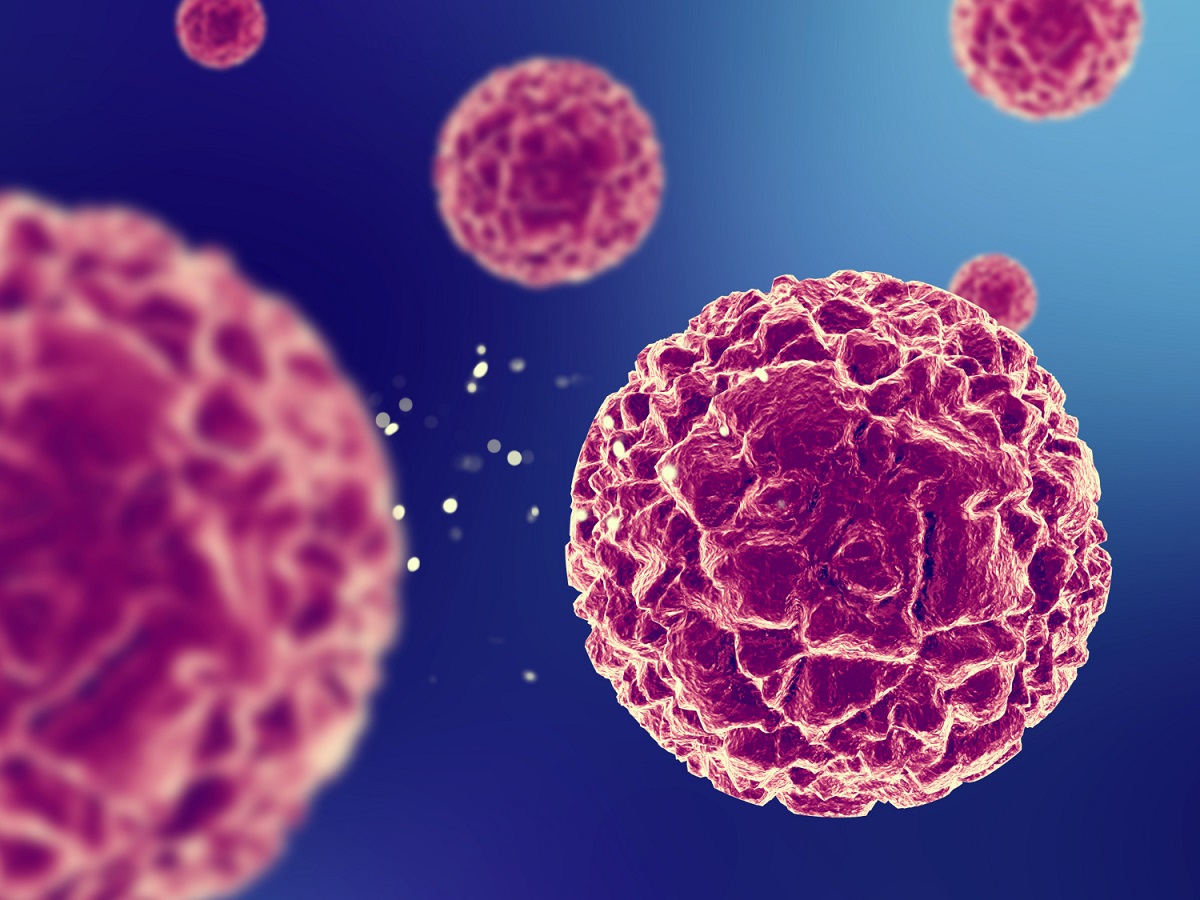KEY TAKEAWAYS
- The phase 3 trial aimed to investigate the efficacy of a 90-gene expression assay vs empiric chemotherapy in patients with CUP.
- The primary endpoint was to determine PFS.
- Researchers noticed that site-specific treatment guided by the approved 90-gene-expression assay led to increased therapy options vs empirical chemotherapy in CUP pts.
Empirical chemotherapy remains the established standard for treating patients with cancer of unknown primary (CUP), given the limited evidence supporting site-specific therapy guided by multi-gene tissue of origin assays.
Zhiguo Luo and his team aimed to present the findings from a randomized phase III trial designed to assess the efficacy of site-specific therapy utilizing an approved 90-gene expression assay vs empirical chemotherapy in CUP patients.
They performed an inclusive analysis, randomly assigning de novo cancer of unknown primary CUP patients ineligible for local radical treatment (1:1) to either site-specific therapy guided by the 90-gene expression assay or empirical chemotherapy (taxane/gemcitabine plus platinum).
The site-specific therapy group received treatments predicted by the assay. The primary endpoint was progression-free survival (PFS) in the intention-to-treat population.
About 182 patients were randomly assigned from September 2017 to March 2021 to receive site-specific therapy (N=91) or empiric chemotherapy (N=91). Site-specific therapy, guided by a molecular assay, provided more treatment options compared to the control arm.
Standard chemotherapy regimens were administered in 26.4% with site-specific therapy vs 92.3% with empiric chemotherapy (p<0.001). At a median follow-up of 42.9 months, median progression-free survival (PFS) was significantly longer with site-specific therapy than with empiric chemotherapy (9.6 vs. 6.6 months; HR, 0.68; 95% CI, 0.49-0.93; p=0.017).
Favorable overall survival (OS) was observed with site-specific therapy compared with empiric chemotherapy (28.2 vs. 19.0 months) in the intention-to-treat population. Adverse events of grade ≥3 were similar between the two groups (p=0.61).
The study concluded that site-specific treatment guided by the approved 90-gene-expression assay offers more therapy options, significantly improves PFS, and demonstrates favorable OS compared to empirical chemotherapy in de novo CUP patients.
The study is sponsored by Fudan University
Source: https://cslide.ctimeetingtech.com/asia2023/attendee/confcal/show/session/29
Clinical Trial: https://clinicaltrials.gov/study/NCT03278600
Luo Z, Liu X, Zhang X, et al. (2023). “A randomized phase III trial of site-specific therapy guided by the 90-gene expression assay versus empiric chemotherapy in patients with cancer of unknown primary.” Presented at ESMO ASIA 2023 (Abstract 402O).



